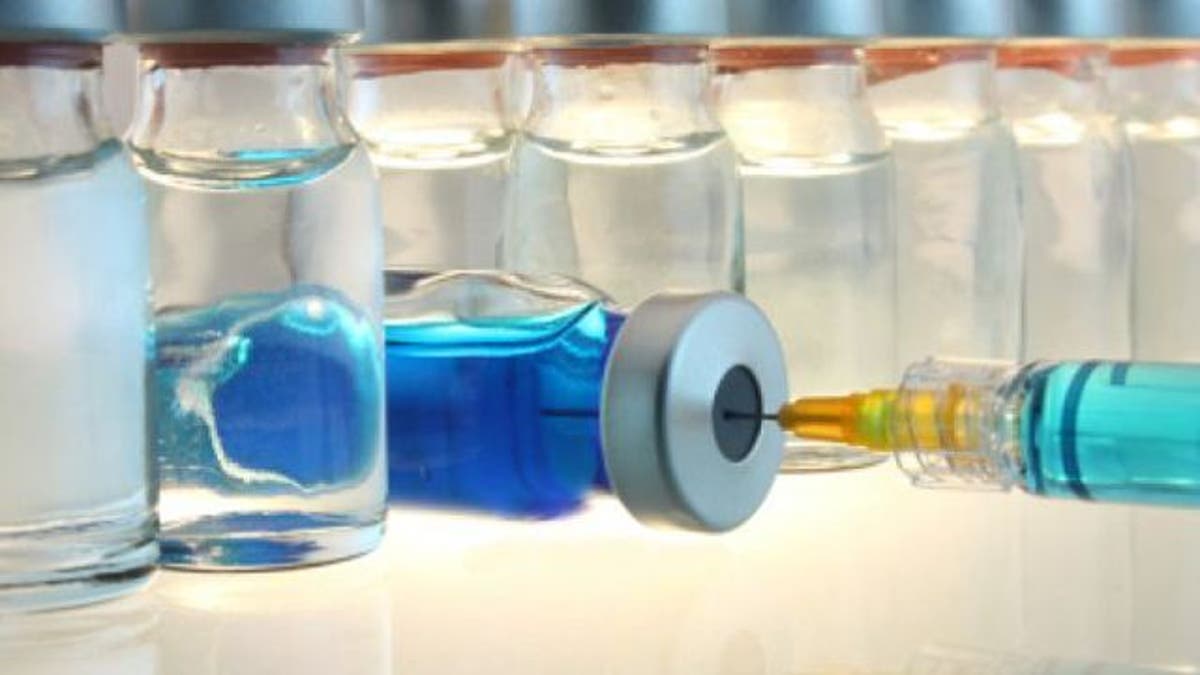
Watching your kids get their shots can seem as painful for you as it is for them, but scheduling the right vaccines at the right time is important. These shots protect against certain serious diseases by producing antibodies in the bloodstream that strengthen your child’s immune system. More antibodies mean a better chance at fighting off disease.
Though vaccines greatly reduce the possibility of certain viral infections, they do not guarantee your child will never come down with these rare diseases, nor do they improve your child’s current health situation. Simply put, they improve your child’s chances of fighting specific illnesses, even into adulthood. Here’s a rundown of which shots they need and when.
Regularly scheduled vaccines up to 18 months
For babies, regularly scheduled vaccines are the most important—before your kids are out of diapers, they will have had a majority of their shots. Rubella, rotavirus and polio may seem like diseases of the past, but the truth is that they are nasty, life-threatening infections. While rare, there is still a possibility of contracting them, so you’ll want to make sure your baby is on schedule. Check with your pediatrician to find out if your child is late for any shots or needs boosters. The good news is that many shots are now qualified as preventive care, which means your child can get them for free—so this won’t be an added cost to having a baby.
READ MORE: Having a baby? Don't forget these unexpected costs
Age 4-6
Once your baby becomes a toddler, you’re home free for a few years. Around kindergarten, a few updates will be due. It’s important to get your kiddo in for these updates before elementary school starts, to ensure the best protection. These can all be done in one visit and are just boosters for the earlier vaccines to make sure they are effective. Which shots your kids need specifically will depend on whether they’re caught up on their earlier shots and when they had them, so check with their pediatrician to see what’s due.
Age 11-12
Previously, kids were done with shots before elementary school. However, the Centers for Disease Control and Prevention now recommends a couple of boosters before middle school for some children. In addition, an HPV vaccine is now recommended for boys and girls aged 11-12. Even though it can be administered effectively before age 27, the HPV vaccine is taken in a series of three shots, and young adults are less likely to get all three doses when their parents aren’t monitoring them.
The HPV vaccine not only protects against some strains of a sexually transmitted infection later in life, but also against certain cancers in male and female reproductive organs. Additionally, there is now evidence that the HPV vaccine can prevent precancerous conditions in girls that may not necessarily develop into a worst-case scenario. This means fewer irregular Pap tests once your daughter is grown, translating into fewer doctor’s visits for her in the future.
READ MORE: How to choose a high-value OB/GYN
Every year: flu shot
It’s important for all children and adults who care for them to get a flu shot each year starting at 6 months old. Children are at higher risk for the flu because their immune system hasn’t fully developed yet. Additionally, children’s environments like schools and daycares where your kids are playing with dozens of others make it easier to communicate viral infections. You should start thinking about the flu even before you conceive, as the time of year in which your baby is born (and the fact that newborns cannot be vaccinated) may affect his or her health.
READ MORE: When is the best time to get pregnant?
While dying from the flu is rare in the U.S., an average of 200,000 children under 5 are hospitalized each year for influenza-related complications. Though your kid would probably recover completely, treating the flu is costly—up to $3,990 on average for hospitalized kids, according to the CDC.
Additional shots if you’re traveling out of the country
The risk of disease increases during travel abroad, especially if you’re headed to countries where vaccinations are not commonplace. Vaccinations are available for diseases such as yellow fever, typhoid and rabies—all of which should be done before you leave, especially if you’re going overseas.
The sooner you can get in for the shots, the better—don’t wait until the last minute. Most vaccinations should take place at least 28 days before potential exposure, but six weeks is preferred. To be on the safe side, be sure to check which additional shots the CDC recommends for the area you’ll be traveling to—and ask whether they count as a free preventive care service.
READ MORE: What qualifies as free preventive care?
Lacie Glover writes for NerdWallet Health, a website that empowers consumers to find high quality, affordable health care and insurance.







































